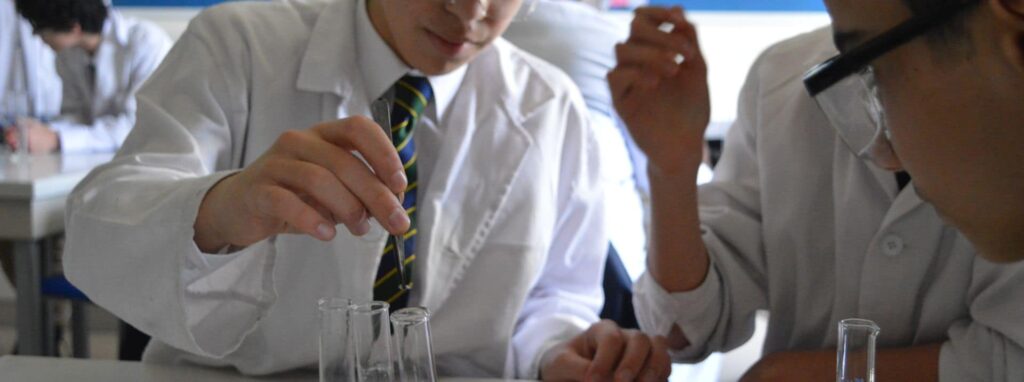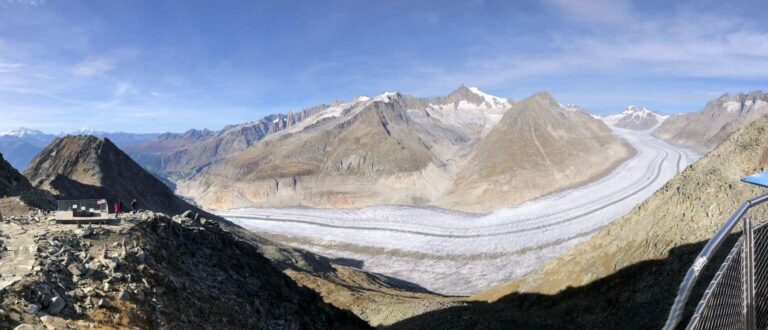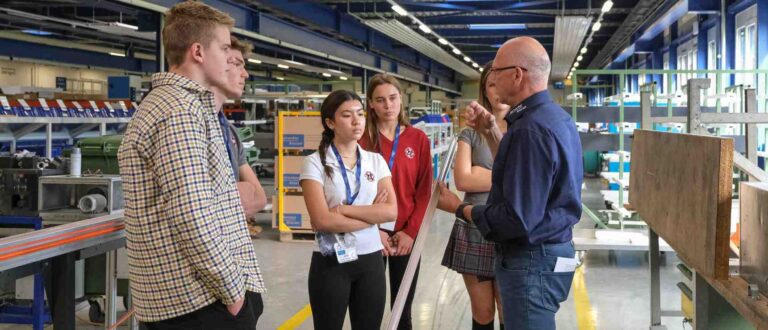A look at how important it is for students to engage in scientific exploration and discovery.
Two things have been very noticeable to me over a career spanning 43 years to date, as a Principal and Science teacher. The first is that some students show a precocious interest in Science and Mathematics at very early ages. The second is that such young passion may soon be lost if we cannot surround students safely with a suitable setting, which will let them develop a mastery of skills beyond their years, and explore, and invent.
Science and Mathematics are relatable because you do them. I can still remember the joy of witnessing containers full of things you could touch, get delivered to the classroom in readiness for science classes. Some youngsters crave mastery of techniques, and while gaining mastery, proceed to the ‘what if I…’phase of wanting to establish their own studies using such techniques.
How many schools really understand this kinaesthetic-style of learning, and its frequent association with fondness for visual-style learning experiences? My observations in successfully teaching science and mathematics over many years at schools like Brookfield Academy in the USA, and Sevenoaks School in Kent within the UK, has reinforced for me that innovative facilities are a crucial component in corresponding to the needs of precocious STEM students.
Stepping into a New Era of Learning
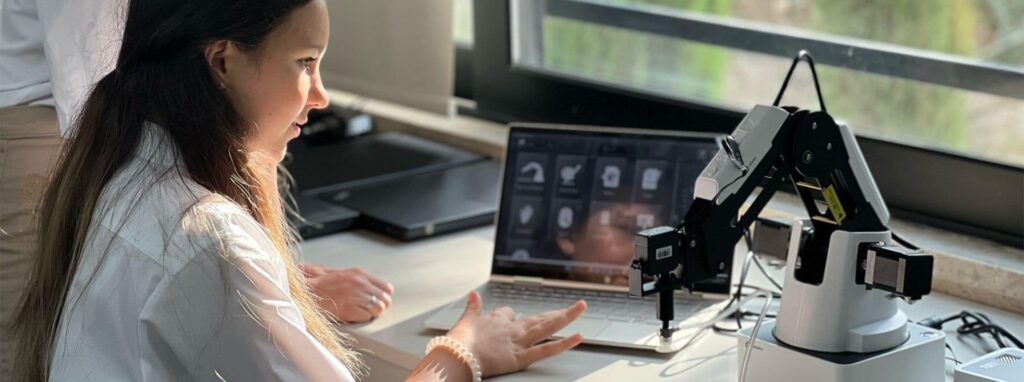
We live in an era of rapid technological change, new innovations and modern advances, and what’s more, our economy is very much depending on these revolutionary advances for future economic growth. Not to mention, COVID-19 has proven just how important an investment in STEM is, with the urgency of vaccine roll-out.
The eminent educational psychologist Professor David Lubinski of Vanderbilt University, outlines that we should anticipate the need for specialised environments for study that suit the needs of the most able in STEM. So why are such resources so rare?
Factors that will influence the establishment of such environments include costs, expertise, and the amount of time motivated STEM practitioners linger in any school setting. The problem of cost could be overcome if we become active in a form of equipment re-cycling. When researchers in the tertiary sector of education need, for example, a new spectrophotometer, why not pass perfectly useable equipment to secondary schools that would like to establish specialised environments for STEM? To date, it will be because very few schools have ever asked for such equipment. The problem of expertise is intriguing. In my own field of biomedicine, undergraduates will all have used equipment such as spectrophotometers and could use them in a secondary setting, but by degree the curriculum hasn’t called upon this. Perhaps the argument would be a diagram in a text book, or on a slide, or process shown within a video will suffice? However, this completely misses the point that you do science, it is quite literally hands-on. So we have no real excuse for having overlooked the essential nature of science.
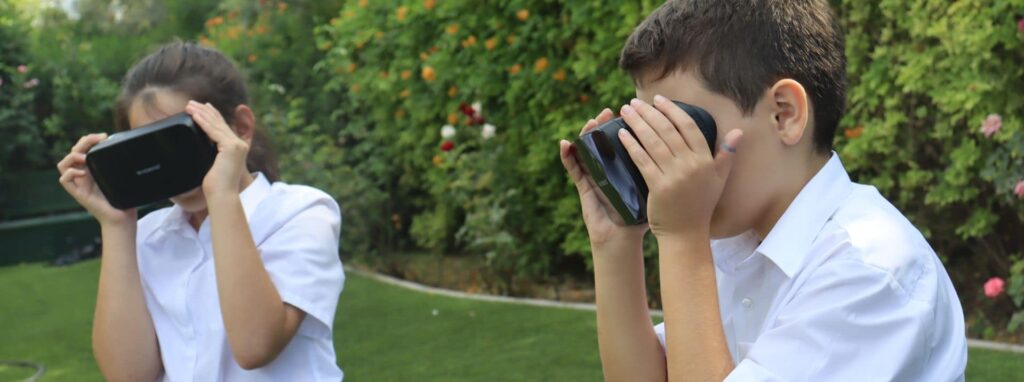
Models of how to create unusual, stimulating environments to promote interest in STEM subjects at fine schools pre-existed my time, VISTA was set up at Sevenoaks School in the 1960s, yet too few schools ever took such models and developed their own versions.
With today’s current wave of change, the future is certainly arriving at a faster pace than expected! More and more schools are now investing in STEM Centres equipped with muti-disciplinary facilities and new technologies, while educational bodies are levelling-up their curriculums, and enforcing greater hands-on technological learning and innovative teaching methods.
With STEM facilities in place, students are fit for the 21st century!
Written by Hector MacDonald, Principal of English School of Kyrenia and Science teacher
Discover The English School of Kyrenia’s approach to STEM Education.
